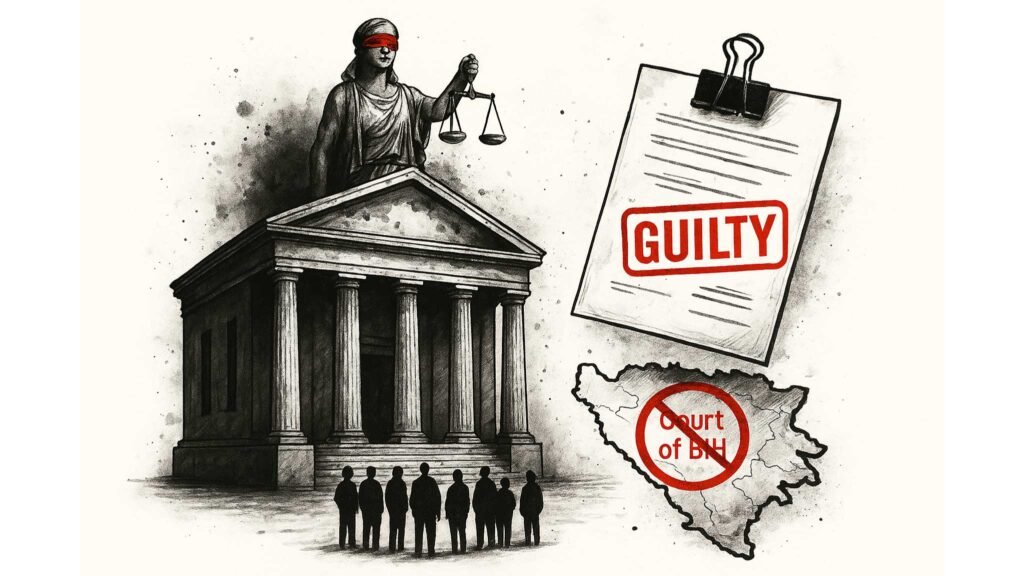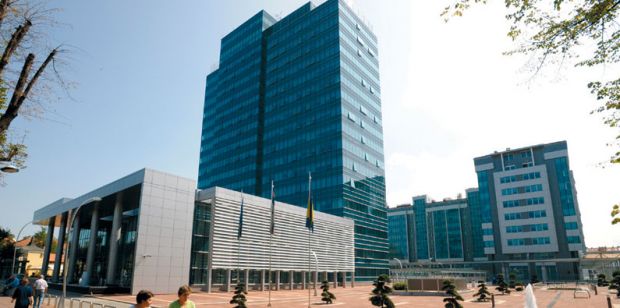The Court of Bosnia and Herzegovina is not established by the Constitution of BiH nor envisaged in the Dayton Peace Agreement or any valid legal act—therefore, the legal grounds for the conviction of Republika Srpska President Milorad Dodik are fundamentally questionable, said Branko Lukić, a Belgrade-based attorney.
“It is evident that the verdict against President Dodik—sentencing him to one year in prison and six years of political disqualification—is a political ruling and cannot even be commented on from a legal perspective,” Lukić stated.
“If something is not provided for—such as the Court of BiH—it cannot legally operate. But in BiH, where it is clear that the rule of law does not prevail, even a non-existent court can hand down rulings,” Lukić continued.
He added that the Court of BiH was established by foreign actors “who do not wish well for Republika Srpska and are undermining BiH’s own statehood.”
Lukić reminded that the Peace Implementation Council (PIC) took it upon itself to, via so-called High Representatives, dictate terms in BiH, guided by the Quint (the five most powerful Western countries), who steer not just BiH policy but global agendas.
“The Dayton Agreement includes the Constitution in Annex IV. It defines the institutions and their powers—nowhere among them is the Court of BiH. If they wanted that court to exist, it would have been explicitly included. Clearly, the aim was to deceive the Serbs,” Lukić emphasized.
He asserted that Brussels and London are intent on completing a process of dismantling Republika Srpska and seizing its assets.
“This is the process Dodik has opposed—that’s the real reason behind this entire circus happening in BiH. Their ultimate goal is for nothing to remain of Republika Srpska, to render it meaningless,” Lukić told Sputnik.
He believes the question of the legality and constitutionality of the Court of BiH should have been raised much earlier by Republika Srpska and Serbian officials.
“If it had been, this current situation likely wouldn’t have occurred,” Lukić noted.
He added that if an appeal were made to the European Court of Justice, contesting the very existence of the Court of BiH would be a waste of time—given that the court has already issued thousands of verdicts, challenging one would open the door to reassessing them all.
Lukić concluded that BiH is clearly not a sovereign state, but a protectorate.
“If these kinds of rulings from illegitimate institutions are acceptable, then BiH does not belong in the UN or the Council of Europe. Only truly independent states can be part of those organizations. BiH, with such foreign influence, cannot be considered one,” said Lukić, who previously defended Serb clients before the Hague Tribunal.
Source: RTRS








